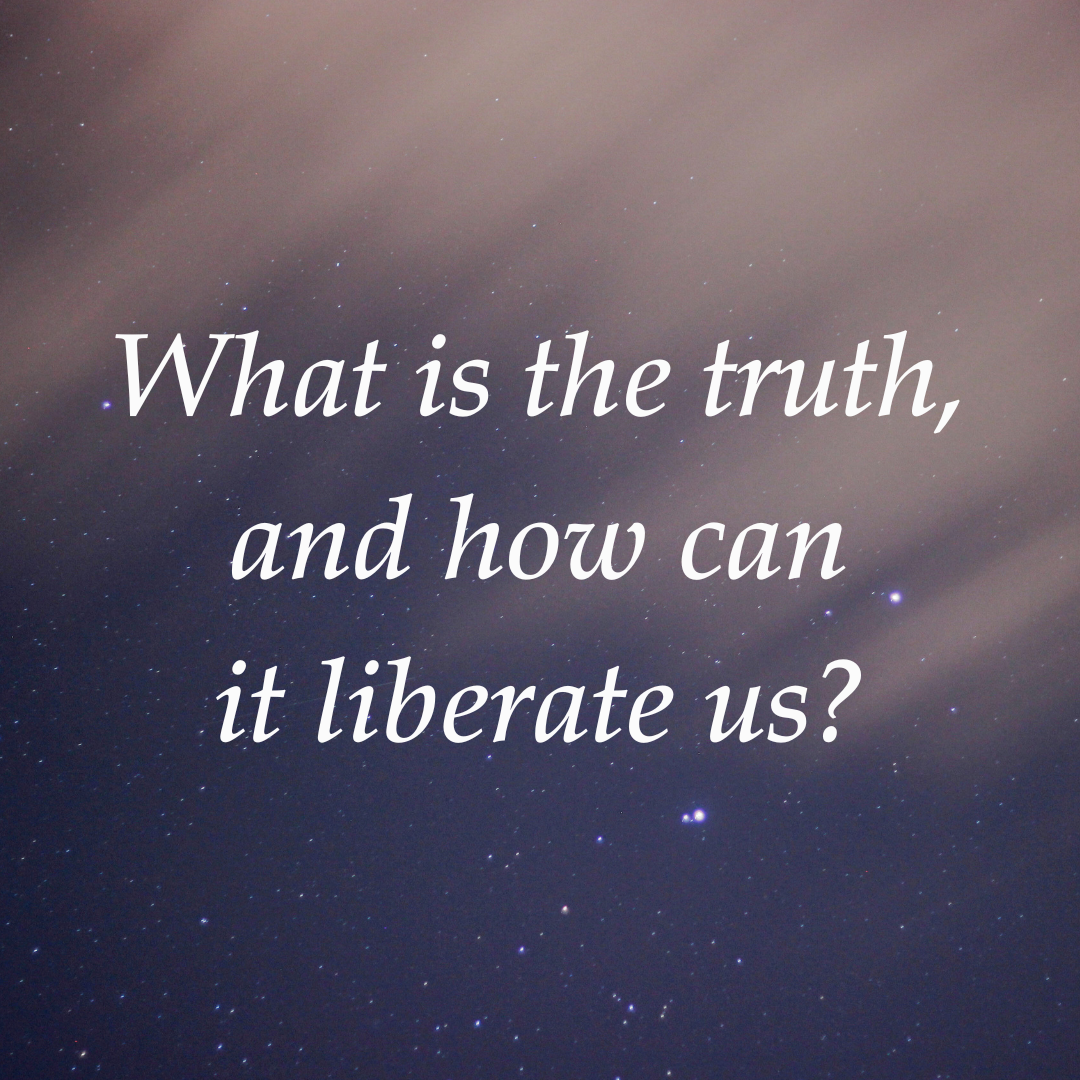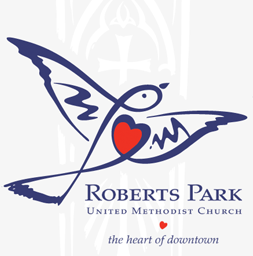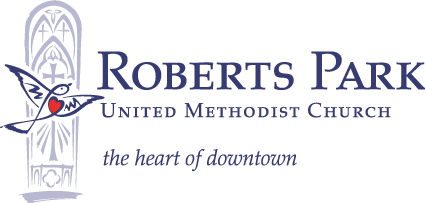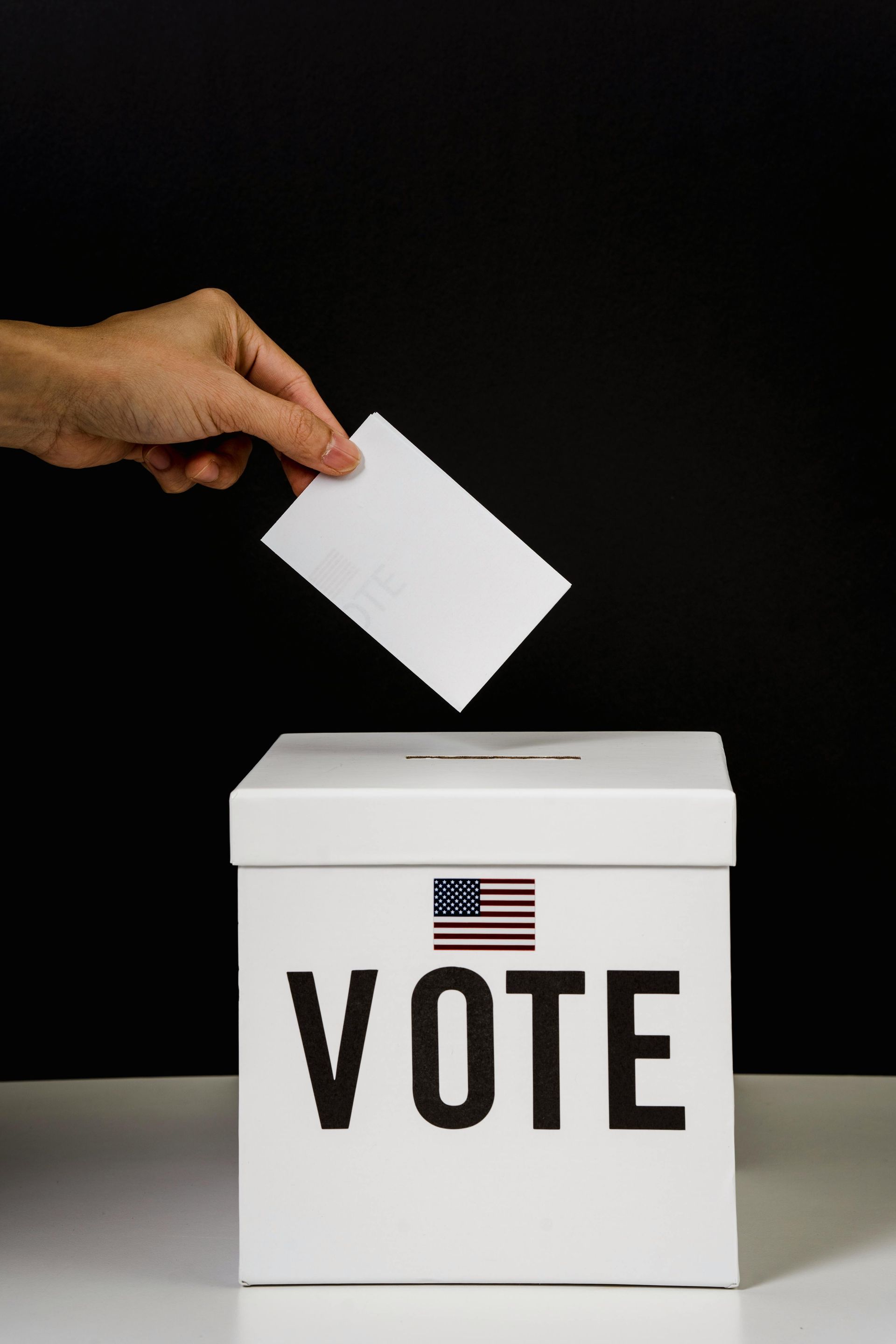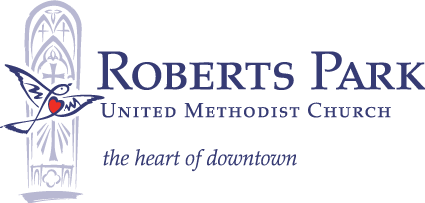By Mary Louise Bewley
•
June 17, 2025
Over the next few weeks, as we prepare for our Sacred Conversations, it is helpful to begin understanding the demographic makeup of our neighborhood. We are seeking to answer the following questions as we look at our future: Who are we as a congregation? Who are our neighbors? What is God calling us to do in this place and in this time? The following information is a summary of the information we received from Ministry Insight. It reveals trends and forecasts we can use as we prayerfully consider who we need to serve and how we might best reach our neighborhood. You will see that there is not much information concerning our unsheltered friends that we frequently encounter and serve. Next week, we will look at the demographics made available by CHIP (Coalition for Homelessness Intervention and Prevention). I hope you will take the time in the following weeks to read this information and understand the changing context for our ministry in our neighborhood around Roberts Park. Shalom my friends, Pastor Diane Ministry Insite Report Projections and Forecasts for Neighborhood Population, Housing, and Income This Executive Insite Report provides a demographic overview of a geographic study area within a 2.5-mile radius of 401 North Delaware Street, Indianapolis, Indiana. The data includes current estimates for 2024, projections for 2029, and forecasts for 2034. Key Insights: Population & Households: The population is expected to grow by 5.79% over the next five years, outpacing state growth (1.88%). Household numbers are growing faster than the population, suggesting an increase in non-family adult households. Racial/Ethnic Trends: The racial composition is relatively stable, with minor shifts in percentages among ethnic groups. Age Trends: The average age is increasing, with more school-aged children and senior residents expected over the next decade. Income Trends: The average household income is projected to rise by 12.26% to $106,528. Employment: The area has a strong white-collar workforce, significantly above the state average. Family & Households: Single-parent households are increasing as a percentage of family households. Religious Program Preferences: Community members show interest in personal growth, family support, and religious services. Generations: Millennials are the dominant generation, though Generation Z is increasing as a share of the population. Household Income Trends The average household income in 2024 is estimated at $94,895 and is projected to grow 12.26% by 2029, reaching $106,528. Per capita income is expected to rise 12.97%, increasing from $44,451 to $50,218. Households earning over $100,000 annually are increasing significantly: In 2024, 31% of households earned over $100,000. By 2029, this number is projected to reach 41%. Households with lower incomes (less than $50,000) are gradually decreasing in percentage. Family Income Breakdown Families earning over $200,000 annually are projected to grow from 9.26% in 2024 to 14.16% in 2029. The number of families earning $100,000 to $149,999 will increase 2.57 percentage points, reaching 15.92%. Lower-income families (below $50,000) are expected to decline. Single-parent families tend to have a lower income distribution compared to married households. Income by Racial/Ethnic Groups (2024 Estimates) Asian households: $79,570 White households: $73,531 Hispanic/Latino households: $76,135 Black/African American households: $37,605 Pacific Islander/American Indian/Other: $63,652 Key Takeaways The area shows a strong upward trend in household and per capita income, with higher-income brackets growing while lower-income households are declining in share. Income disparities persist among racial groups, with Black/African American households earning significantly less than others. The shifting income dynamics in the study area could lead to several social challenges, particularly as higher-income households grow while lower-income groups shrink. Here are the key concerns: Economic Inequality & Displacement The rising number of high-income households may intensify economic disparities, leaving lower-income residents struggling to keep up with rising costs of living. As affluent professionals move into the area, housing demand could drive up property values and rents, potentially displacing long-time lower-income residents. Gentrification risks might lead to cultural shifts that alter the neighborhood’s identity, causing tensions between newer and existing residents. Access to Essential Services Lower-income families may face barriers to healthcare, education, and social services, as the area becomes more tailored toward higher-income residents. Public transportation and affordable housing options may decrease, making it harder for lower-income residents to remain in the area. Workforce & Employment Challenges Higher income levels might lead to an increase in high-skilled job opportunities, but lower-income residents may lack access to the education and training needed to qualify for these jobs. Income disparities among racial groups suggest that some communities may be disproportionately affected, requiring targeted efforts to close wage gaps. Social & Cultural Shifts Increased affluence may lead to a loss of economic diversity, making the area less accessible to a mix of income groups. The community might experience fragmentation, with wealthier residents having different priorities, interests, and social circles compared to lower-income individuals. If gentrification accelerates, local businesses catering to lower-income communities may struggle to survive, impacting cultural diversity in retail and dining options. Potential Policy & Community Responses Strengthening affordable housing initiatives to prevent displacement. Investing in education and job training programs to bridge employment gaps. Creating community engagement efforts to foster inclusivity and cultural preservation.
